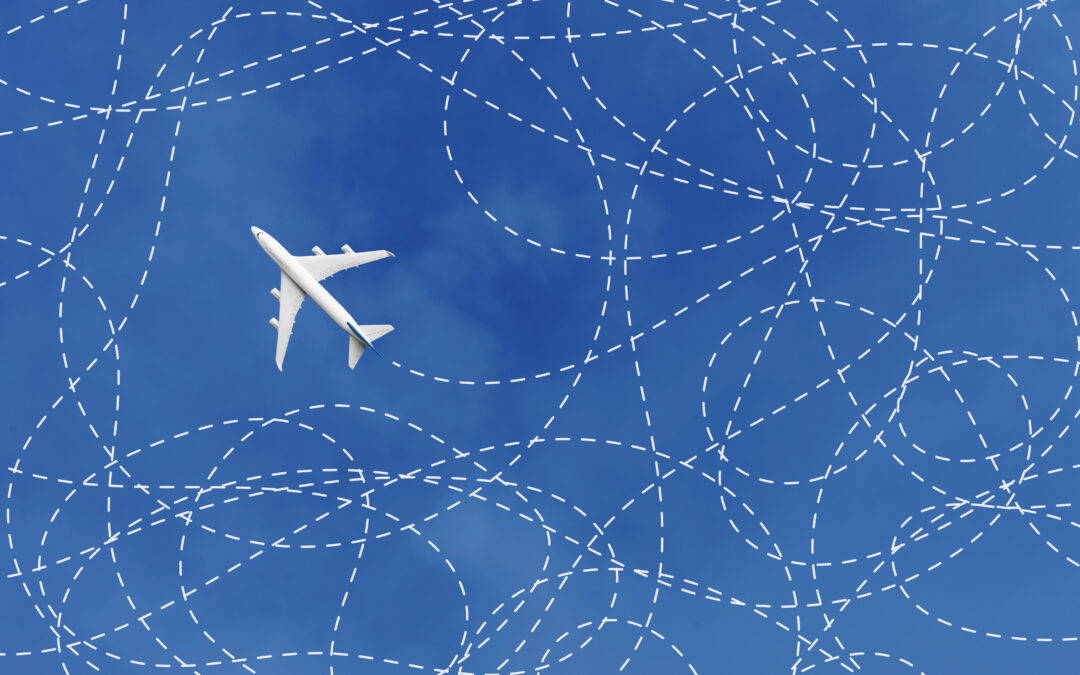Image: Shutterstock
What’s New: A statement by the head of the International Air Transport Association, the trade association for major airlines.
Why It’s Important: The statement shows the differences in point of view and communications between airlines and national authorities on the one hand and flight crews on the other.
- Airlines and National Authorities: “Aviation remains resilient.”
- 70% of flight crew surveyed: Concern about spoofing’s impact on flight safety is either “very high” or “extreme.”
The two statements are not necessarily inconsistent. But problems arise if reassurances from companies and government translate into insufficient priority and urgency to address the problem.
What Else to Know:
- The IATA statement comes shortly after the release of the comprehensive OPSGROUP report on GPS spoofing. The report included:
- A discussion of all the many ways GPS signals are used in aircraft that have little to do with navigation.
- The results of the flight crew survey mentioned above.
- Safety is not a yes or no thing. It is a continuum.
- Is air travel still “safe?” Undoubtedly “yes” in the assessment of most folks.
- Is it less safe that it was? Also “yes.”
- Perhaps a way to think about it is “the margin of safety has been reduced.”
- It may be that the loss of efficiency in the overall air traffic system is as big a driver of change as safety. Increased time, fuel burn and decreased system throughput pose significant additional costs for airlines and their passengers.
- Addressing the problem is a long term issue. Any kind of modification to commercial passenger aircraft generally takes years – because of the need to ensure it is safe! And implementing new navigation systems, if that is part of the solution, will take even longer.

IATA WSOC: Aviation remains resilient during unrest in the Middle East
Willie Walsh, director general of IATA, said that despite ongoing challenges, “safety is never taken for granted and remains a number one priority across the sector.”


